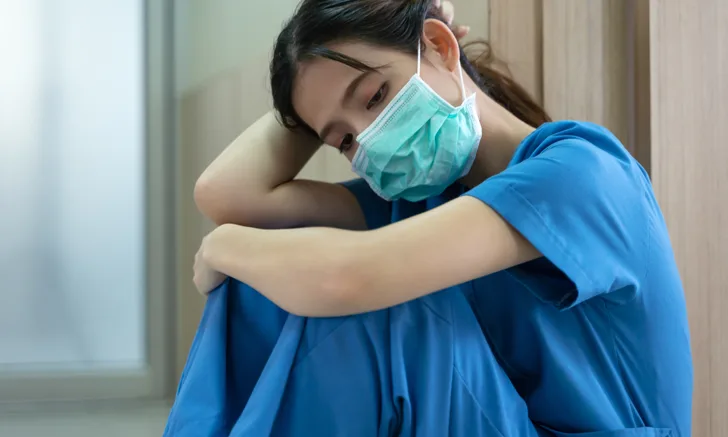
In the Literature
Scharf VF, McPhetridge JB, Dickson R. Sleep patterns, fatigue, and working hours among veterinary house officers: a cross-sectional survey study. J Am Vet Med Assoc. 2022;260(11):1377-1385. doi:10.2460/javma.21.05.0234
The Research …
The impact of sleep deprivation is a concern among healthcare professionals and has been extensively studied in human medicine, particularly in medical residents.1-3 Adults should sleep a minimum of 7 hours every night.4
This study investigated the correlation between sleep patterns of veterinary residents and interns with perceptions of fatigue during working hours. Rotating interns and residents training in a variety of clinical specialties at AVMA-accredited small- and large-animal teaching hospitals were surveyed; 303 responses were received from participants at 9 institutions. Sleep patterns, working hours, and perceptions of fatigue were examined for potential targeted intervention to improve well-being.
The majority of respondents reported working 11 to 13 hours per day, 5 to 7 days per week. Emergency and critical care residents were more likely to work >14 hours per day. Most respondents were on call 8 to 14 days each month and reported adequate caseloads for professional development. Respondents slept an average 6 hours per night when working in the clinic and 7.5 hours per night when not working in the clinic. On-call duties interfered with perceived sleep quality in many respondents. Fatigue was reported to interfere with clinical judgment and technical skills; 40% of respondents reported loss of empathy.
Sleep supports cognitive health; this study indicates long working hours and sleep deprivation may impair professional training of interns and residents. Loss of empathy has been previously associated with burnout.5-7 Further studies are needed to determine the effects of sleep deprivation on mental health, as well as the increased risk for self-injury or medical errors that may impact patient care.
Free E-Book: Guidance for Success in Vet Med
Whether you’ll be graduating soon or are already a few years out, don't miss Practical Guidance for New Veterinarians, a free e-book loaded with practical advice from seasoned professionals and refreshers on critical clinical skills.
The Takeaways …
Key pearls to put into practice:
Healthy sleep patterns support learning new information, performing learned tasks, and making good decisions, thus allowing effective communication with pet owners and appropriate patient care.
Industry changes (eg, flexible scheduling, protected off-clinic days, increased technical support) in overnight patient care and distribution of on-call responsibilities should be considered to maximize opportunities for sleep and improvement in mental health, as well as to minimize likelihood of burnout.
Sleep habits developed during training may be sustained throughout the professional career, impacting long-term well-being, job performance, physical health, and patient care.
You are reading 2-Minute Takeaways, a research summary resource presented by Clinician’s Brief. Clinician’s Brief does not conduct primary research.